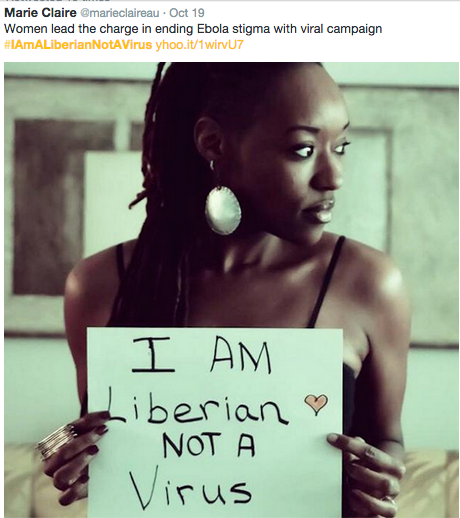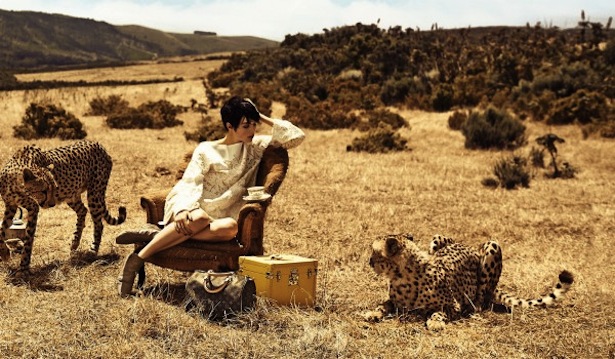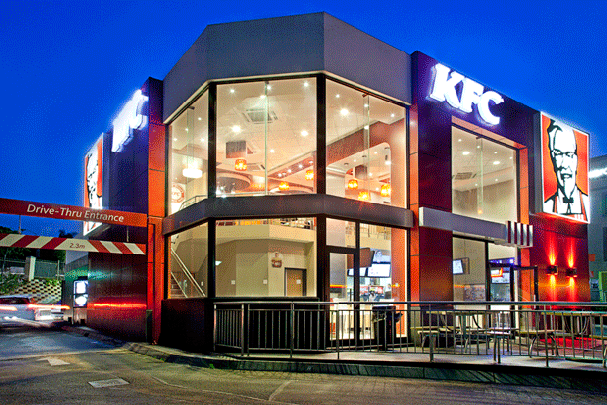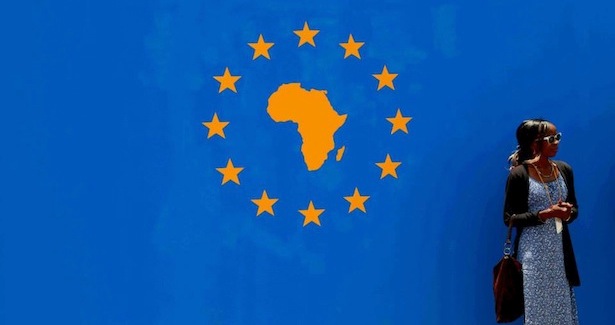The current outbreak of Ebola Virus Disease has hit the three most affected countries Guinea, Sierra Leone and Liberia very hard. Thousands have been infected, many have died, and many more are grappling with the associated negative spill over effects of the disease. All hands are needed on deck now for a significant scaling up of international human, financial and institutional resources to halt the spread of the virus, care for the infected and prevent its further spread.
In addition to the devastating toll on human lives and communities, Ebola is also having a significant negative impact on economies and institutional capabilities, which must be also addressed comprehensively, sooner rather than later. The epidemic has already slowed economic activity in Guinea, Sierra Leone and Liberia, primarily through its impact on the rural and agricultural sector, which employs a large percentage of the population. The outbreak is reducing the ability of households to produce food as movement restrictions and fear of contagion is restricting normal work on farms. Usual economic activity has also been curtailed in other sectors. The World Bank’s latest report on the “Economic Impact of the 2014 Ebola Epidemic” notes that the virus is “having a measurable economic impact in terms of forgone output; higher fiscal deficits; rising prices; lower real household incomes and greater poverty”. According to Bank estimates, the GDP potential lost for calendar year 2015 alone as a result of the epidemic in the core three countries could sum to US$97 million under Low Ebola (implying some recovery from 2014), and US$809 million under High Ebola (in 2013 dollars). There is still time to stop the virus in its tracks, if the necessary resources are allocated fast. However, the window is closing.
 Looking ahead to the post crisis horizon, more effort will also need to be made to put systems in place to build the capacity that will hinder a replay of this emergency. It is notable that the three nations at the epicentre are also very rich in natural resources. The governments of Guinea, Sierra Leone and Liberia have in recent years spoken of new policies and programmes to maximise the benefits to their citizens and economies of these resource endowments. There has indeed been some movement on the ground. Major investment deals have been signed in recent years. However, in many cases more action was still expected by citizens, who were still waiting to see the benefits flowing from these resources. Now the Ebola crisis has also slowed activities in the extractive sector, impacting negatively on revenues and plans for infrastructure expansion and job creation. Ebola has also exposed the existing fragility of the health systems and the need for far greater investment of natural resource wealth to directly improve human wellbeing.
Looking ahead to the post crisis horizon, more effort will also need to be made to put systems in place to build the capacity that will hinder a replay of this emergency. It is notable that the three nations at the epicentre are also very rich in natural resources. The governments of Guinea, Sierra Leone and Liberia have in recent years spoken of new policies and programmes to maximise the benefits to their citizens and economies of these resource endowments. There has indeed been some movement on the ground. Major investment deals have been signed in recent years. However, in many cases more action was still expected by citizens, who were still waiting to see the benefits flowing from these resources. Now the Ebola crisis has also slowed activities in the extractive sector, impacting negatively on revenues and plans for infrastructure expansion and job creation. Ebola has also exposed the existing fragility of the health systems and the need for far greater investment of natural resource wealth to directly improve human wellbeing.
While I am acutely concerned with the immediate health emergency, I am also just as concerned with the political economy dimension of the current situation and what the next phase will be. Will the lessons be learnt? The land of my birth, Liberia (just one of many, many African nations blessed with such vast natural resource wealth) simply has to better manage its vast natural resource wealth to concretely improve the lives of its citizens through long-term investments in essential sectors such as agriculture and in health.
We had started on a more transformative path, somewhat belatedly, in the late 1960s and early 1970s (after the damning “Growth without Development” study of 1966). Then as Fela Anikulapo Kuti would say, we “missed road”. The rest is now history. Will it also be our future??? The natural resource wealth of the Mano River region (Guinea, Sierra Leone and Liberia) could quickly transform it at the base, if it is channeled in the right direction, at significantly greater scale than it has been in recent years and for a long period. If it isn’t, then we are likely to be in a very similar situation in years to come when a similar ill wind blows through the land.
Article Author, Max Bankole Jarrett ( twiiter: @mbankolej), Deputy Director of Africa Progress Panel.
This was written in personal capacity, views are my own, as are all errors.)
Refrences




